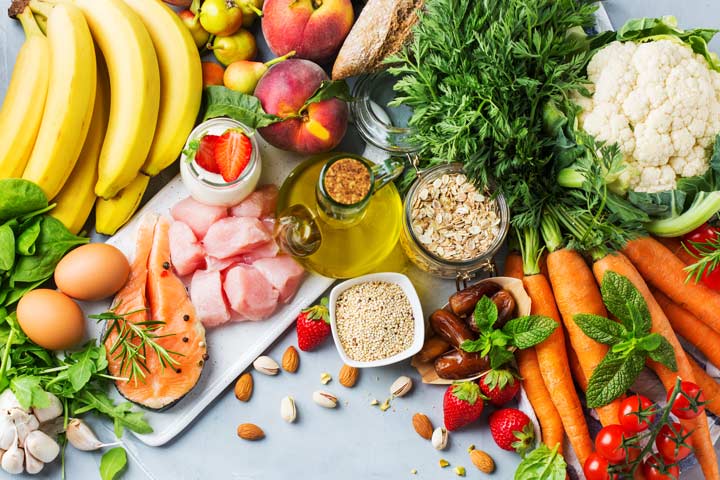Nutrition and Addiction Recovery: The Foods Your Body Needs and Why
Nutrition is an important component of addiction recovery. For many people with addiction, a lack of nutrients can slow the healing process and limit recovery. When you receive drug and alcohol treatment with our team at Victory, nutrition will be a key part of the healing process.
Nutrition and Recovery
As the U.S. National Library of Medicine notes, balancing nutrition during recovery is essential for everyone. In some people, a lack of nutrients over a prolonged time can lead to malnutrition. Nutrition is an important holistic treatment for your body.
Why Do You Need Nutrition Therapy During Addiction Treatment?
Alcohol and drug abuse take a toll on the body. These substances damage organs and cells. They also limit the body’s immune system from working at its best to keep you healthy. Here are several other reasons you may need nutrition therapy:
- You may not eat enough. You may skip meals or, when you do eat, choose low-nutrient foods.
- Physical illness brought on by substance use, such as vomiting, contributes to nutrient loss.
- Some drugs increase the body’s metabolism, making it burn through nutrients faster than you can take them in.
- Alcohol and drugs damage the gut health, making it difficult for the body to absorb nutrients from food.
For all of these reasons, it’s important to make changes in what you are eating to achieve improved health. Nutrition therapy should be done with the help of a professional to ensure your body is getting the right type of nutrients for your specific needs. A customized diet may allow this to happen.
Slowly Improving Nutrition
A person in detox or the very early stages of residential treatment and recovery will need a specialized diet. It’s not ideal to give a person a large amount of food or very nutrient-rich foods right away. The process of introducing meals has to be done slowly to encourage the metabolism to rev up and to get digestive organs working at their best again.
During detox, we will closely manage your diet based on your body’s needs. Over your time in treatment, you will see improvement in your appetite as well as your body’s ability to take in food.
A Balanced Diet Becomes Essential
In addition to the right amount of food, doctors in your treatment program will also focus on providing you with the right balance of foods. What is right for you in treatment may be different from any fad diet you’ve heard about or tried before.
Most of the time, about half of your nutrients will come from complex carbohydrates. You’ll consume a significant amount of fruits and vegetables along with whole grains.
Your nutritionist is also likely to increase your calcium intake through certain foods or supplements. When you are not getting enough calcium, your body begins to leach calcium from the bones. This is why some people with addiction break bones more easily.
Additionally, your nutritionist will work with you to choose the right balance of proteins and fats in your diet. High-protein foods are important to help rebuild lost muscle mass, a common problem associated with malnutrition. You may need to improve fat choices. Heart-healthy fats are key here. They may help to restore the function of your cells and improve overall immune system health.
Practicing Good Nutrition at Home
During the recovery process, you’ll spend a lot of time working on learning how to stay sober. This may include some support on how to eat a healthy diet once you leave treatment. It’s always wise to follow your nutritionist’s specific recommendations, especially if you have underlying health conditions.
Consider a few tips for healthy eating:
- Stick to a schedule for your meals. Consistency in three meals or five smaller meals a day can help encourage your body to heal faster.
- The quality of the food you consume is more important than the quantity. If you are unable to eat much, be sure you focus on nutrient-dense foods like whole grains, fruits, and vegetables.
- Ask your doctor if you should consume a multivitamin to help in the restoration of minerals and vitamins in your body.
- Don’t allow yourself to replace drugs and alcohol with food. You don’t want to develop a food addiction as a coping mechanism.
- Limit the amount of sugar and sweets you take in on a daily basis. These can prove to be nearly as addictive as drugs in some people.
Be aggressive about protecting your body and controlling what goes into it. Doing so can help you feel empowered to make better decisions for your future. This, coupled with the right type of residential treatment program can help you achieve the outcome you desire.
Share This Post:








